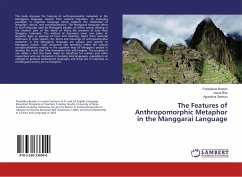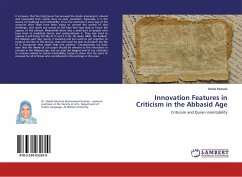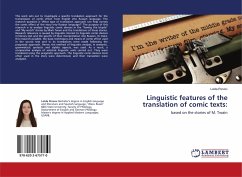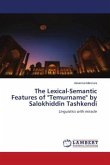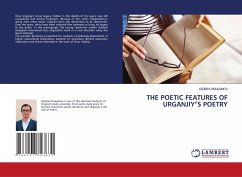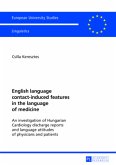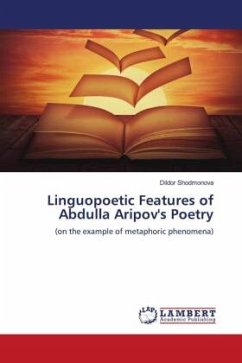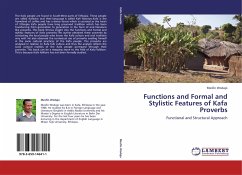This book discusses the features of anthropomorphic metaphor in the Manggarai language viewed from cultural linguistics, an emerging paradigm in cognitive language which explores the relatioship of language, culture, and conceptualization. The Manggarai language refers to local language used by Manggarai people, an ethnic group residing in the western part of the island of Flores, the province of East Nusa Tenggara, Indonesia. The matters of discussion cover two poles of linguistic signs as pairings of form and meaning. Apart from universal dimension in some respect, the forms and meanings of anthropomorphic metaphor in the Manggarai language are unique and specific to Manggarai culture. Such uniquenes and specificity reflect the cultural conceptualizations existing in the cognitive map of Manggarai people in viewing the world that they themselves face and imagine. The purpose in our minds is that this book might be beneficial for readers and other researchers who are interested in studying local languages, especially in an attempt to preserve endangered languages and those are in Indonesia as multilingual country are no exception.
